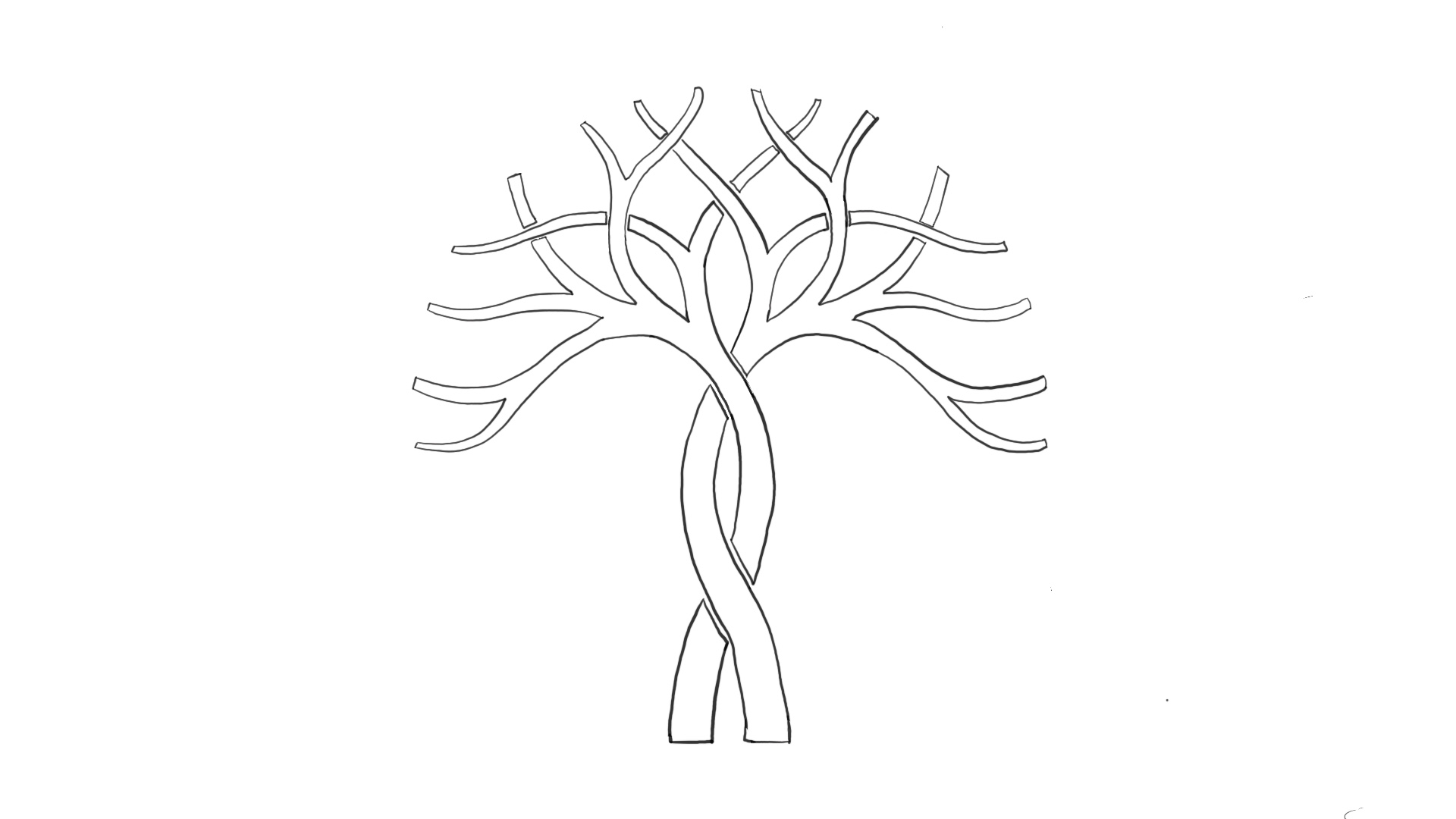You're Smart, You Should Play Chess

Personal reflections on smart as a stereotype.
This musing is a bit of a rant and a mind-pouring exercise to express my feelings about the world, which has found ways to categorise things by giving them names and titles, such as “SMART.”
The strange feeling of being called smart… At first, you smile; it is a compliment. Someone recognised your talent or skills. But shortly after that smile comes the pressure — an unspoken kind of expectation. One that whispers, “You should be this kind of person or do this sort of thing.” You “Should” know how to do this. You should be familiar with all the details of the Biafran war, know how to play chess, and so on.
I was often referred to as “smart” or “intelligent” growing up. I was so clever that my parents thought I'd be fine if I skipped a couple of classes in basic school. Yes, I managed to pass, but I worked extra hard, and it was tough, to be honest. Keeping up was challenging, but I was smart, so I toughed it out and kept going.
Often, I meet people, and somehow, in between conversations, playing games comes up, and I quietly say, under my breath, “Please don't ask me if I play.”
Back story - once upon a smart kid
Some years back, I wanted to learn chess. Not because I had an interest, but because I thought that knowing how to play chess would make me a «typical smart» person. I put pressure on myself to learn to play chess because it didn’t make sense that I seemed like the smart type, but couldn’t play chess.
Everyone who talks about chess makes it feel as if you don’t play chess, then you must be some toned-down version of dumbo-smart.
Chess represents mastery, intelligence, strategy and seriousness. It is something every seemingly competent person knows how to do, or at least understands the rules.
I am not familiar with the rules of chess. I tried to learn; I downloaded the app, bought the board, and watched it collect dust over the time I had it. I even searched the internet to read the history of chess and better understand the concept, but nahhh, didn't work. I still don't know how to play chess, and to be honest, I don’t know if it's just a matter of sheer rebellion against never wanting to fit into a ‘group’ or if I’m not as smart as I think I am.
My consolation is that not everyone, or every smart person, knows how to play board games. I always say humans are more neurodivergent than we think. We have a name for ADHD, Autism, and gifted folks, but even within these identified and named spectrums, we have a spectrum of unimaginable shades of the human brain.
I already made peace with the fact that I do not fit into any one specification across all the personality tests. There is always a crossover between personalities for me, and while I have been referred to as smart my entire life, I do not have to fit into a single definition or box of what it means to be smart. I am a smart person who enjoys K-drama. The smart that doesn’t exactly like competition or games.
I eventually gave the board away when we decided to move from Malta to Amsterdam. And I didn’t even miss it one bit.
I don’t play chess or any other board games, and I remain as intelligent as they come. I am human, I have strengths and weaknesses, I excel at some things and manage to get by with others. These things don’t define me, you, or anyone. If you can play chess and enjoy it, rock on, but that’s not what defines you or me.
Not sure what it all means, but here it is...
Whether you love the game or have no idea how the knight moves, I hope we remember to meet ourselves with grace, before we chase labels, check boxes, or let others define what smart should look like.
I do not know the rules of any board games, I do not know how to play any musical instruments, I do not know a lot of history because I suck at remembering dates, names, and anything. It’s a miracle I remember my name some days.
But here I am, pen on paper, making some dough, learning to swim, ride a bike, construct my clothes and sew them, being a friend, a partner, a sister, and a daughter to the best people, and that’s all that matters to this smart child.
So, dear reader, while you may fall on one end of this musing or the other, I hope we remember to treat ourselves first as humans before we check boxes, play roles, or cast expectations on who we’re supposed to be.
I hope we continue to choose curiosity over expectation — and let ourselves be human first, smart second.
Till I write to you again.
Obiagu.



Lorem ipsum dolor sit amet, consectetur adipiscing elit. Suspendisse varius enim in eros elementum tristique. Duis cursus, mi quis viverra ornare, eros dolor interdum nulla, ut commodo diam libero vitae erat. Aenean faucibus nibh et justo cursus id rutrum lorem imperdiet. Nunc ut sem vitae risus tristique posuere.